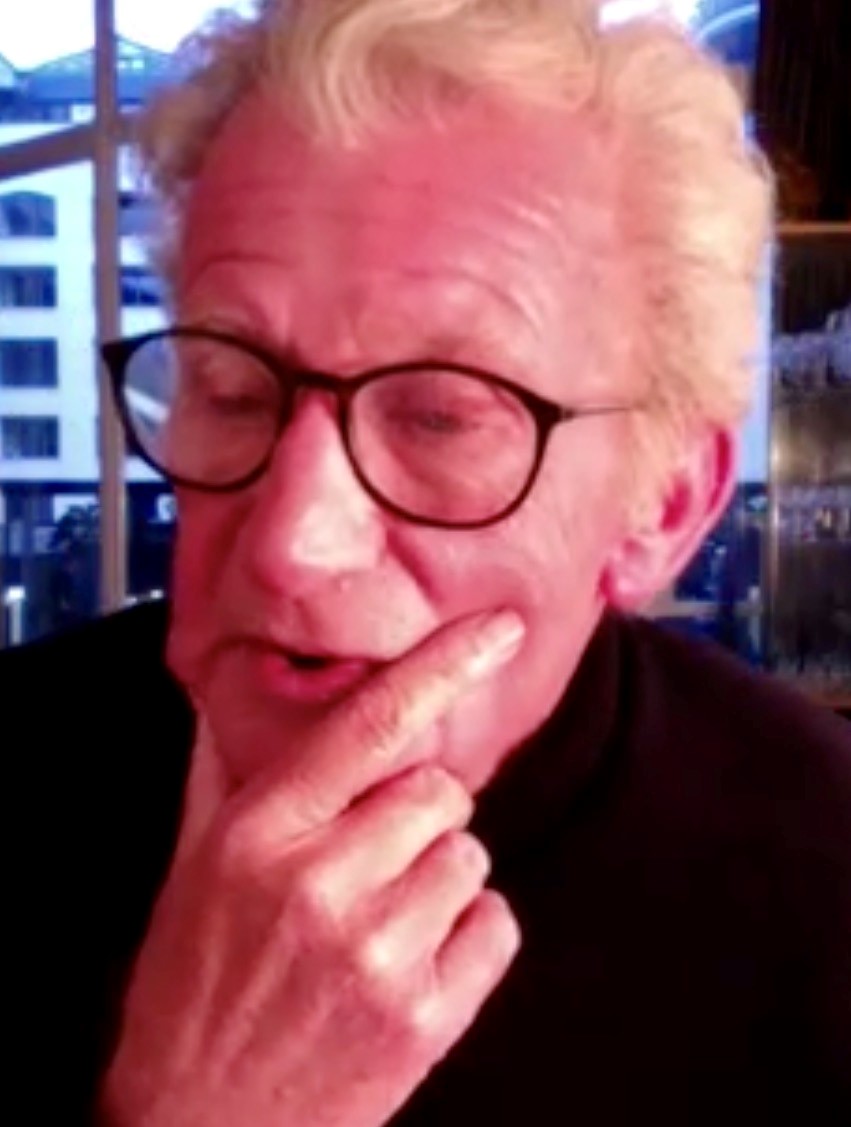The Baron's Briefings
Harvey Morris
Wednesday 15 February 2023
 Harvey Morris (photo), former Reuters correspondent in Tehran, gave the first Baron’s Briefing of 2023 in the form of a personal analysis of the state of Iran's 1979 Islamic Revolution.
Harvey Morris (photo), former Reuters correspondent in Tehran, gave the first Baron’s Briefing of 2023 in the form of a personal analysis of the state of Iran's 1979 Islamic Revolution.
Concentrating on the culture and society of Iran, he addressed the question he had posed in the title of his talk: “Almost half a century after the fall of the Shah, Iran could be facing another slow-burning revolution. As before, it won't be a straightforward clash between nationalists and Islamists but rather a conflict between rival visions of the nation.”
Harvey’s conclusion was that dissatisfaction was growing within the nation but there were no immediate signs of a viable challenge to the current regime.
And in a year’s time? Maybe, but Harvey would bet on the Mullahs retaining power with their canny use of stick and carrot. The Clergy were cleverer than the Shah and were unlikely to make his mistake of resorting to excessive, brutal repression. They reacted to changing circumstances.
Dissatisfaction came partly from a feeling that the Mullahs had become self perpetuating. The opposition was more about nationalism than religion or politics. “Nationalism will always trump religion in Iran,” he said.
Society had become generally much less devout than before the Revolution and many people just wanted to have a good time. They were also tired of their country being an international pariah.
In a vivid, anecdotal review of cultural and social developments since the Islamic Revolution, Harvey stressed the pragmatic approach of the Mullahs to key issues such as the place of women in society, the wearing of the veil, polygamy, prostitution and the concept of “temporary marriage”.
The clerics could even appear quite liberal, he said. During recent anti-regime demonstrations, linked to the death of a woman, the Iranian foreign ministry issued a statement condemning the Taliban’s treatment of women in Afghanistan and offering more places for Afghan women at Iranian universities.
And what if the Clergy, despite this kind of pragmatism, should lose a future power struggle with nationalist forces? Then the outcome would be quite unpredictable. ■